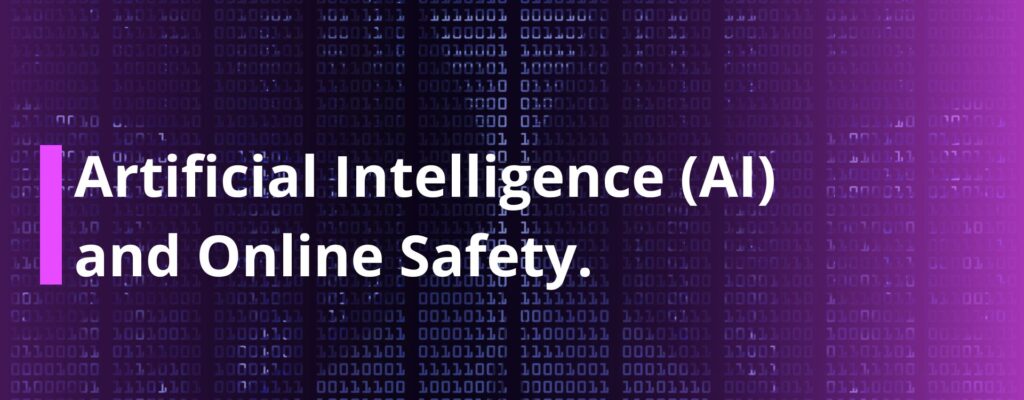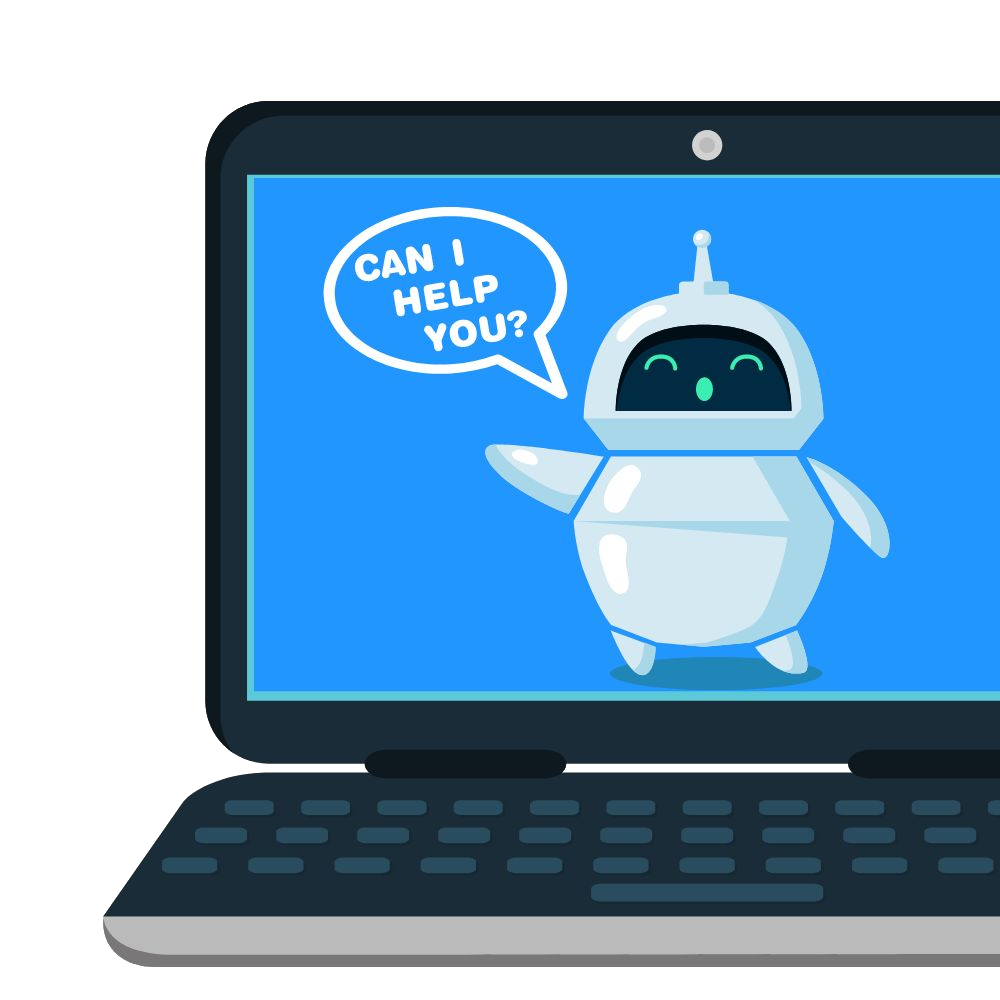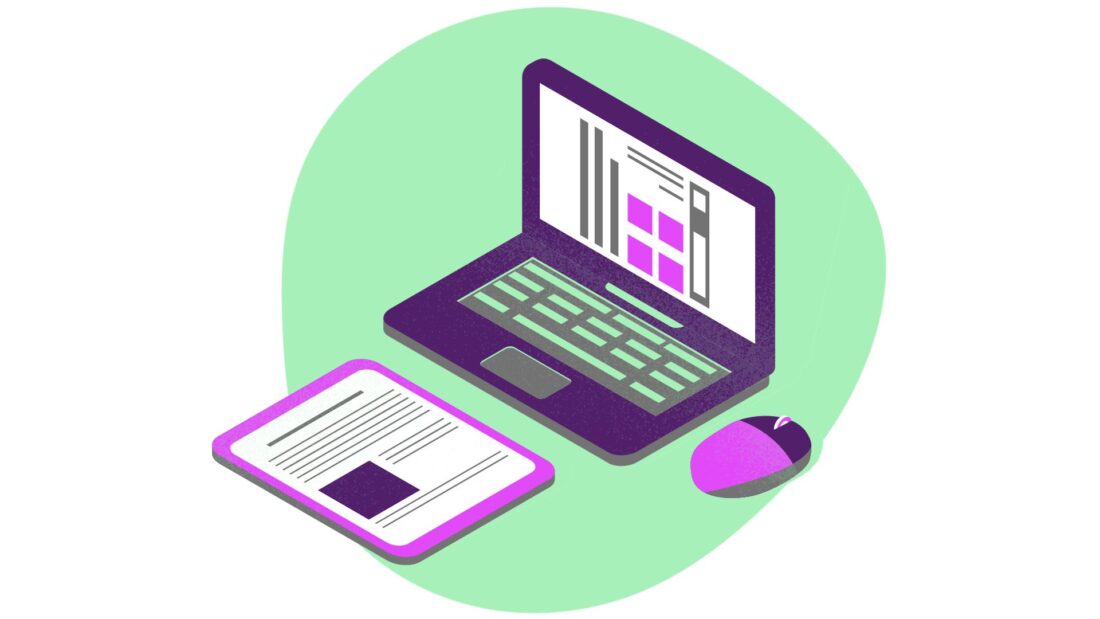AI and Online Safety Hub
This AI Hub provides information and resources on artificial intelligence and how it can benefit and support users, as well the current limitations and concerns about its use.

What is Artificial Intelligence?
Artificial Intelligence (AI) refers to the development of computer systems that can perform tasks that typically require human intelligence. It involves creating algorithms – a list of rules or steps – that are used by computers to analyse, understand, and respond to information.
While AI systems can process and analyse large amounts of data to recognise patterns and make predictions, they are not able to think and understand context like humans can.
AI has been around since the 1950s and has evolved over the decades, but has seen rapid and significant progress in recent years.

What is the impact?
AI has been an established part of day-to-day tasks for some time. Virtual assistants like Siri, Alexa, and Google Assistant use AI to understand and respond to our voice commands; AI algorithms power recommendation systems on platforms like Netflix, Amazon, and YouTube; Social media platforms use AI algorithms to curate your newsfeed, showing you content based on your interests, engagement, and connections; and mapping systems like Google Maps use AI to provide real time traffic updates.
AI is evolving quickly, with new advancements and applications being developed that have the potential to impact on our lives. This brings opportunities, but also concerns about how to safely and ethically navigate the online world.
What are the benefits of AI?
What are the limitations of AI?
AI in Education
Artificial Intelligence systems and tools are already part of our everyday lives. As AI continues to evolve, it is important to be aware of the benefits and the risks it can have in teaching and learning.
This technology has the potential to transform education, so it is important for educators and students to understand how to ethically, critically and positively engage with AI in order to make the most of its potential. It’s important to note that AI can compliment, but not replace a teachers’ expertise. The human element a teacher brings to the classroom will still be crucial to fostering meaningful learning experiences.



